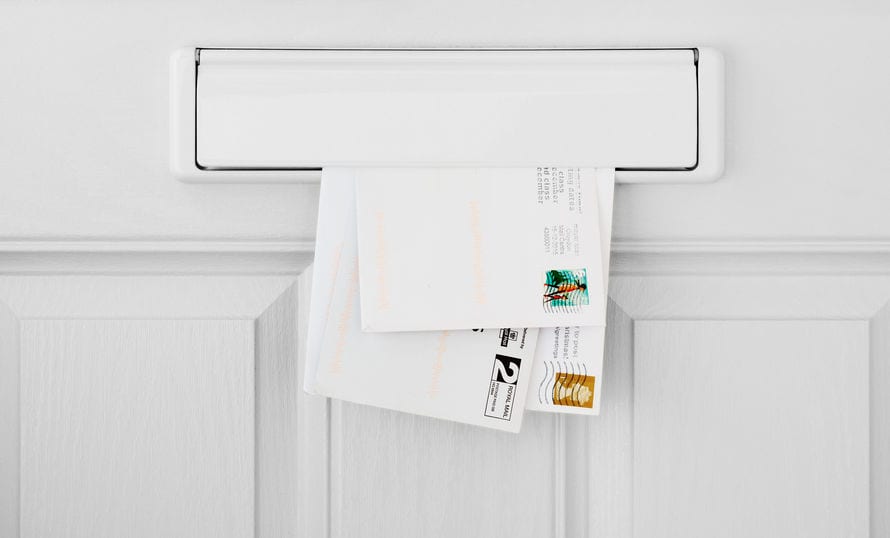What Is IRS Notice CP39?
A CP39 letter notifies individuals that the IRS has used a refund from their current or former spouse to pay off a tax debt. It also specifies the amount still owed in back taxes (if any), along with penalties and interest fees applied, and informs them of their payment options for addressing the remaining tax balance.
Who Receives a CP39 Notice?
Taxpayers who owe back taxes and have not paid off the debt to the IRS may receive a CP39 notice if a current or former spouse is owed a refund.
For example, Bob owes the IRS $2,000. He failed to file a tax return in 2020, which triggered an IRS audit. In 2022, he remarried but did not tell his new wife about the tax debt. Their 2023 returns resulted in his wife receiving a $1,500 refund.
However, the IRS applied her refund to Bob’s back taxes. He now still owes $500 to the IRS and his wife will not receive a refund.
Will the IRS Notify You of Your Tax Debt Before Taking Your Spouse’s or Ex-spouse’s Refund?
Typically, the IRS does notify taxpayers about unpaid tax debt before taking a spouse’s or ex-spouse’s tax refund. The IRS mails an initial CP14 balance due notice for a tax debt, and if that debt is not resolved, the IRS can intercept a spouse’s or ex-spouse’s refund to settle the debt.
If the IRS takes the refund, you will receive a CP39 notice.
Can Your Spouse or Ex-Spouse Claim Innocent Spouse Relief If the IRS Seizes Their Refund to Pay Off Your Tax Debt?
A spouse or ex-spouse may ask for Innocent Spouse Relief under certain circumstances to avoid losing their refund to pay off a spouse’s or ex-spouse’s tax debt.
Eligibility requirements for seeking relief include:
- The spouse filed a joint return with an ex-spouse or current spouse containing errors involving understated taxes that they were unaware of
- The spouse lives in a community property state
When someone files a joint tax return with their spouse, both spouses are responsible for taxes owed from filing that return, even if they get a divorce.
However, you may not be eligible to apply for Innocent Spouse Relief if:
- You entered into an Offer in Compromise agreement with the IRS
- A judge denied your relief
- You already signed a closing agreement with the IRS for the tax debt
- You participated in court proceedings related to the refund seizure but did not ask for Innocent Spouse Relief then
How Do You Settle Your Unpaid Taxes So Your Spouse or Ex-Spouse Doesn’t Lose a Refund to the IRS?
The IRS offers several payment plans for taxpayers to be able to make affordable payments to resolve tax debt. One of the best settlement options is an Offer in Compromise that allows a taxpayer who owes the IRS to settle that total debt for less than what they owe.
Taxpayers owing less than $50,000 in combined tax, interest, and penalties, can apply for an IRS installment agreement plan that sets up monthly payments according to a taxpayer’s ability to pay.
There is a fee to set up an installment agreement that depends on the type of agreement and how it is established. Low-income taxpayers may qualify for reduced fees.
Need more help? You can start online by answering 6 simple questions. Or call us at (866) 568-4593.
6 Simple Questions. Free Evaluation.

